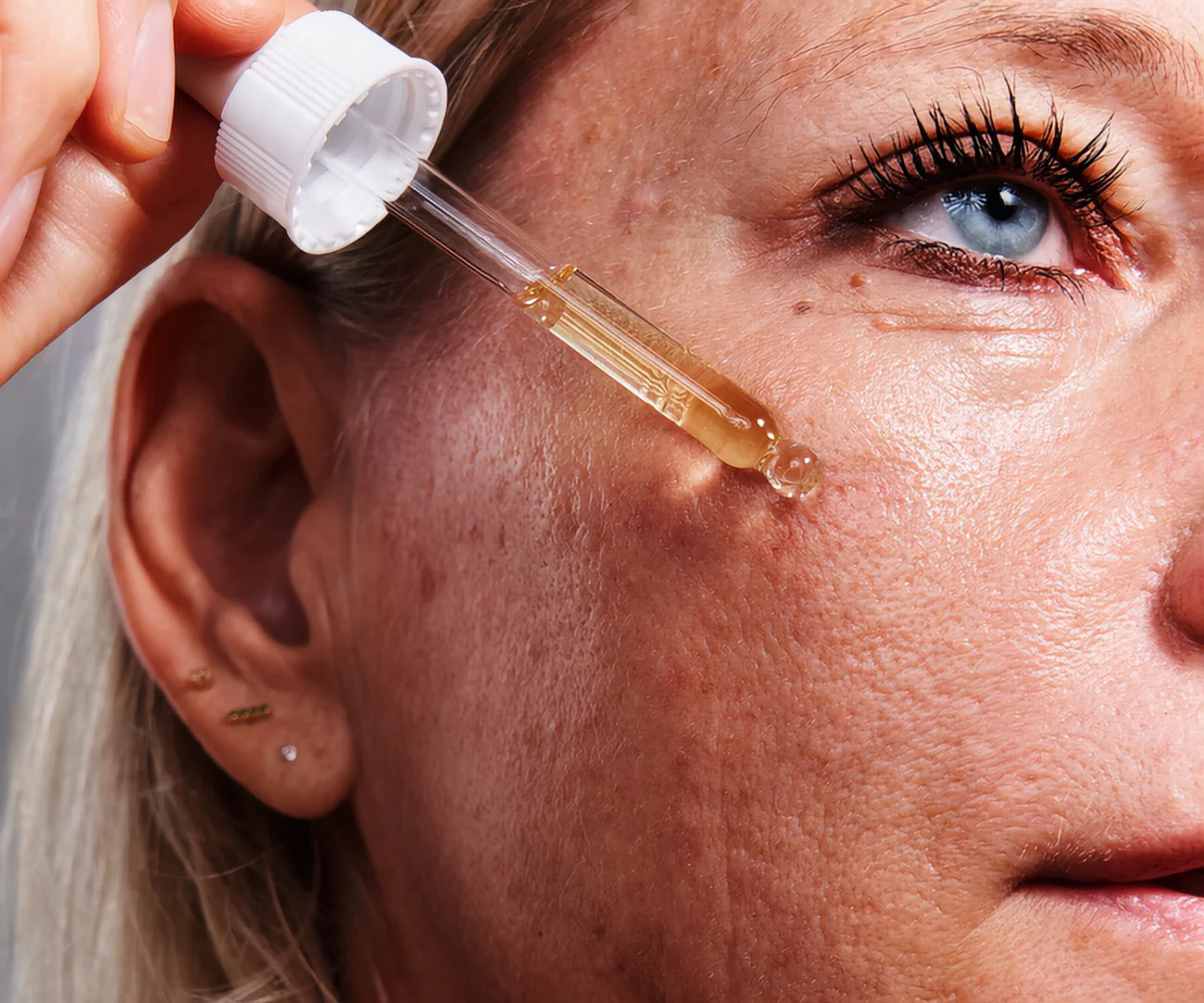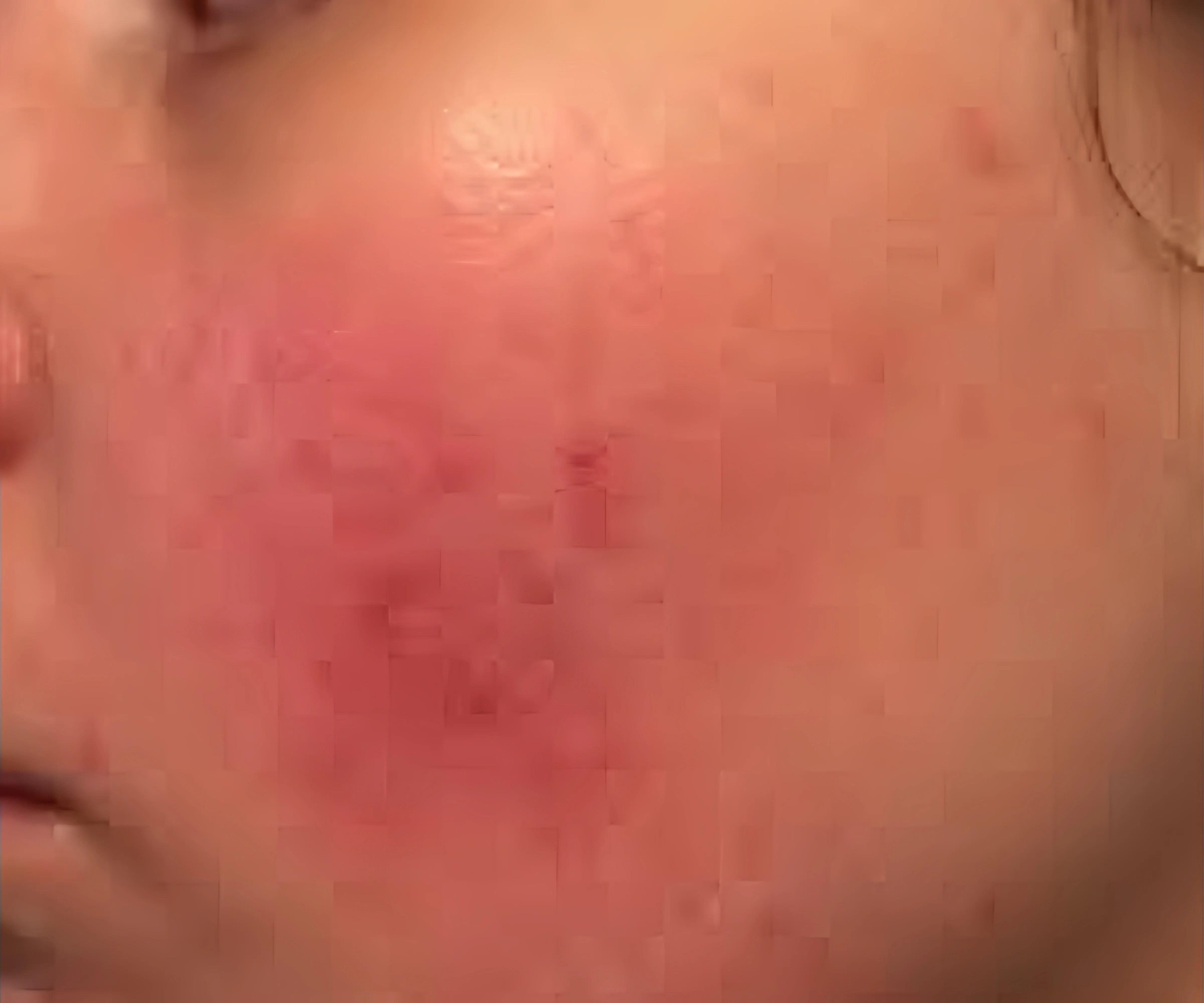Retinol, a type of vitamin A, is commonly found in lots of skincare stuff because it helps make your skin look younger and fresher. But using too much or not doing it right can make your skin irritated, red, or even swollen. This article will talk about the problems that can come with using retinol too much and give helpful tips on how to use it the right way.


What is Retinol?
Retinol Ruined My Skin
Retinol is a kind of retinoid, a group of stuff made from vitamin A. People use it a lot in skincare because it helps make collagen, makes fine lines and wrinkles look less noticeable, and makes skin feel smoother and look better. When you put retinol on your skin, it turns into retinoic acid, which is the active form that goes deep into your skin and helps make new cells.
How Retinol Can Ruin Your Skin
While retinol can offer numerous benefits when used correctly, misuse or overuse can lead to various skin issues:
Irritation and Redness
Retinol can be irritating to the skin, especially during the initial adjustment period. Excessive use or applying retinol too frequently can cause redness, peeling, and discomfort.
Dryness and Flaking
When you use retinol, your skin cells renew faster. But if you don’t use moisturizers too, it can make your skin too dry and flaky.
Sensitivity to Sunlight
Retinol can make the skin more sensitive to the sun’s UV rays, increasing the risk of sunburn and photo-aging.
Purging and Breakouts
Sometimes, using retinol can make your skin get rid of old pimples and get new ones for a short time.
Excessive Peeling
If you use retinol too much or with other strong products, it can make your skin peel a lot, which might irritate it and even cause scars.
How to Use Retinol Safely
To minimize the risk of adverse effects and maximize the benefits of retinol, follow these essential tips:
Start Slow
Begin with a low concentration of retinol (0.1% to 0.3%) and gradually increase the strength and frequency as your skin adjusts.
Use it Sparingly
Apply a pea-sized amount to your face, neck, and décolletage once or twice a week, and gradually increase usage as tolerated.
Moisturize, Moisturize, Moisturize
Retinol can be drying, so it’s crucial to use a gentle, hydrating moisturizer after application to counteract any potential dryness.
Wear Sunscreen
Retinol can increase photosensitivity, so it’s essential to apply a broad-spectrum sunscreen with an SPF of 30 or higher during the day.
Be Patient
It can take several weeks or even months to see the full benefits of retinol. Stick with it and be consistent, but adjust usage if excessive irritation occurs.
Alternatives to Retinol
If retinol proves too harsh for your skin, consider exploring gentler alternatives:
Bakuchiol
A plant-based alternative to retinol, bakuchiol has been shown to provide similar anti-aging benefits without the irritation.
Azelaic Acid
This naturally occurring acid can help improve skin texture, reduce blemishes, and even out skin tone.
Vitamin C
A powerful antioxidant, vitamin C can help brighten the skin, promote collagen production, and protect against environmental stressors.
Glycolic Acid
This alpha-hydroxy acid (AHA) can gently exfoliate the skin, improving texture and reducing the appearance of fine lines and wrinkles.


Conclusion
Using retinol in your skincare can help your skin if it’s getting older or has been damaged. But, it’s important to be careful when using it. Start by using it a little bit at a time, make sure your skin is moisturized well, and always wear sunscreen. This way, you can use retinol safely and enjoy how it makes your skin look fresher. If retinol feels too strong, you might want to try other products that are gentler but still help your skin in similar ways, without causing irritation.
FAQs
Q1: Can retinol cause permanent damage to the skin?
While retinol can cause temporary irritation and dryness, it is generally safe when used as directed. However, if you experience severe or persistent irritation, it’s best to discontinue use and consult a dermatologist.
Q2: How long does it take to see results from using retinol?
It can take several weeks or even months to see the full benefits of retinol. Consistency is key, as the effects are cumulative over time.
Q3: Can I use retinol during pregnancy or while breastfeeding?
It’s usually best to avoid using retinol and similar products when you’re pregnant or breastfeeding because they might hurt the growing baby. Talk to your healthcare provider to explore safer options.
Q4: Can I use retinol and other harsh products together?
It’s better not to mix retinol with strong or drying stuff because it might make your skin irritated and cause problems. Introduce new products gradually and closely monitor your skin’s reaction.
Q5: How do I know if retinol is causing purging or a breakout?
When you purge, old pimples come up for a bit, but it doesn’t last. A breakout means new pimples that stick around. If you keep getting lots of new pimples or they’re really bad, stop using retinol and see a skin doctor.
For more, Click here



